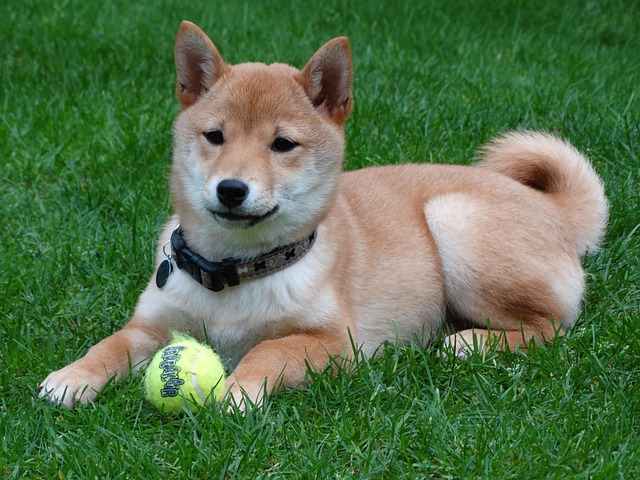
How do i train my dog to be obedient?
Watching your dog dart across the park ignoring your calls isn’t just frustrating—it can put them at risk near busy streets or public spaces.
Bringing home a Shiba Inu puppy is like welcoming a tiny ball of energy with a big personality. But training these spirited pups takes patience and the right approach. Shibas are known for their independence, which can make training feel like a balancing act between gentle guidance and firm boundaries.
Start with positive reinforcement. Shibas respond well to treats, praise, and playtime rewards. Keep small, high-value treats like chicken or cheese cubes handy during training sessions. When your puppy follows a command, like “sit” or “come,” immediately offer a treat and enthusiastic praise. This positive association makes learning fun for them and strengthens your bond.
Consistency is key. Use the same commands every time—for example, always say “down” instead of alternating between “lie down” or “bed.” Everyone in your household should follow the same rules too. If one person lets the puppy jump on the couch while another scolds them, it creates confusion. Set clear expectations from the start.
 Socialization is crucial for Shiba puppies. Expose them to different people, animals, sounds, and environments early on. Take short walks around your neighborhood, introduce them to friendly neighbors, and let them meet other vaccinated pets at the park. Positive early experiences help prevent fear and aggression later. Just make sure they’re up-to-date on vaccinations and avoid high-traffic areas until they’re fully protected.
Socialization is crucial for Shiba puppies. Expose them to different people, animals, sounds, and environments early on. Take short walks around your neighborhood, introduce them to friendly neighbors, and let them meet other vaccinated pets at the park. Positive early experiences help prevent fear and aggression later. Just make sure they’re up-to-date on vaccinations and avoid high-traffic areas until they’re fully protected.
Housebreaking a Shiba can be a challenge. Establish a regular schedule for meals, playtime, and bathroom breaks. Take your puppy outside frequently, especially after waking up, eating, or playing. When they relieve themselves in the right spot, celebrate with treats and praise. If there’s an accident indoors, avoid punishment—simply clean it up quietly to prevent your puppy from associating you with negative experiences.
Shibas have a strong prey drive, so leash training is essential. Start indoors with a lightweight collar and leash. Let your puppy get used to wearing them before going outside. Use treats to encourage them to walk beside you, rewarding small steps. When outdoors, stay vigilant—even well-trained Shibas might bolt after a squirrel or cat. Check local leash laws, as many areas require dogs to be on a leash in public spaces.
Crate training provides a safe space for your Shiba. Make the crate cozy with a soft blanket and their favorite toys. Introduce it gradually, leaving the door open at first so they can explore. Offer treats inside the crate and gradually increase the time they spend there. A properly trained Shiba will see the crate as their den, a place to relax and feel secure.
Training a Shiba puppy isn’t always smooth sailing. There will be days when they seem determined to test every boundary. But with consistent effort, plenty of love, and a sense of humor, you’ll watch your feisty puppy grow into a well-behaved companion. Remember, every small victory counts—celebrate each milestone, and enjoy the journey together.

Watching your dog dart across the park ignoring your calls isn’t just frustrating—it can put them at risk near busy streets or public spaces.

New puppy owners often find themselves rushing to clean up accidents before they set in, and that’s where puppy pad training becomes a game-changer.

If you've noticed your dog's waistline disappearing and your veterinarian has mentioned those few extra pounds, your first instinct might be to simply reduce the amount of food in their bowl.

Training a dog to use a designated spot indoors isn’t as daunting as many new owners fear, but it does take consistency and an understanding of your pet’s needs.

That moment of dread on a walk is all too familiar for many new dog owners. You see another dog approaching down the sidewalk of your neighborhood

If the sight of another dog on your neighborhood walk makes your heart sink as your own dog erupts into a frenzy of barking and lunging, you're not alone.